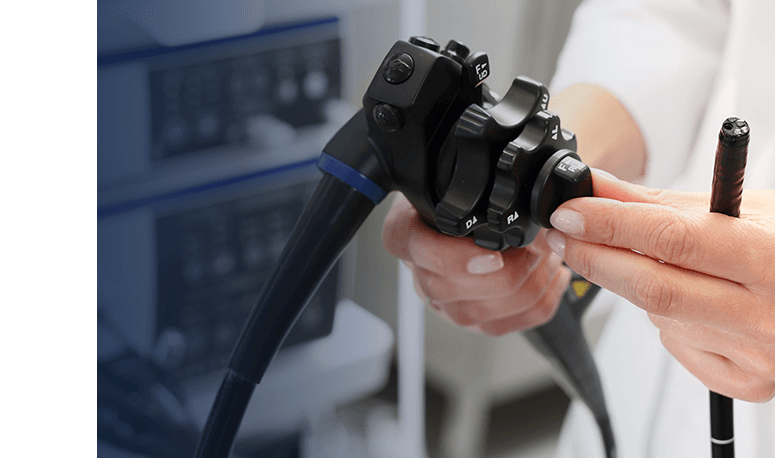Can a Colonoscopy Detect Other Conditions Besides Cancer?

A colonoscopy is a vital diagnostic procedure used to inspect the inner lining of the colon for any signs of inflammation or unusual growth. It is typically performed to screen for colorectal cancer at its early stage when it is most easily treatable.
By providing a direct view inside the colon, a colonoscopy allows doctors to assess the colon for infection, bleeding, blockages, or other gastrointestinal disorders.
During the procedure, the doctor inserts a colonoscope—a long and flexible tube with a tiny video camera attached to its tip—into the rectum and advances through the entire length of the colon. The camera then transmits real-time images to a monitor to allow the colonoscopy doctor to examine the lining of the entire colon. If suspicious lesions or abnormal tissues are found during a colonoscopy, they can immediately extract and collect these tissues for a biopsy to determine their nature.
Aside from colon cancer, a colonoscopy procedure can also detect the following gastrointestinal conditions:
Beyond its role in cancer screening, colonoscopy is a comprehensive diagnostic method that can detect a variety of gastrointestinal conditions, from precancerous polyps and inflammatory bowel diseases to haemorrhoids and colonic strictures.
If you are experiencing early warning signs of colon issues or have a family history of gastrointestinal diseases, consult with your doctor about undergoing a colonoscopy screening. Reach out to us for more information today.